What is the Pancreas?The pancreas is a small organ that sits just below the stomach, tucked into a bend in the small intestine. It is an accessory organ of the gastrointestinal system and has both endocrine and exocrine properties.
Exocrine means the body uses series of ducts to excrete things outside of the body, like sweat. Endocrine means the body secretes hormones directly into the blood stream, like insulin.
Comments
We're so excited to start 2019 with big plans for the year. Thank you for joining us since we launched in August. We hope the information we're providing is helping you and your family live happier, healthier lives. What we accomplished in 20182018 was a learning year for IMFPP. We launched the website in August and since then have been working hard at creating weekly blog posts as well as creating the disease pages. Our weekly blog post has been a place of pride for us. We're working hard to ensure it is released every Thursday morning and has the highest quality information. We've had some amazing contributing authors and plan to keep bringing you the best we can. Currently the pages that have the most information are the urinary, endocrine, liver, hematology, and immunology. These pages are not 100% complete, but most of the basics are there. As we continue to grow, these pages will continue to be fleshed out. We're excited to have grown our newsletter list to over 100 subscribers! Everyone on our list got a copy of our Weekly Treatment Tracker and we've heard great feedback on it. Thank you so much to everyone that's joined us so far. If you'd like to join here's the link: Subscribe Now! In the background we've been working on the nitty-gritty details to set up our business for the growth we have planned in the future. Plans for 2019Unfortunately, our fuzzy little one’s livers cannot handle many of the medications that humans take. This is one of the many reasons why all medications, prescribed by a physician or over-the-counter, must never be shared with your pet. AcetaminophenBoth cats and dogs are unable to process acetaminophen (Tylenol®). As little as 1 or 2 tablets of acetaminophen can cause problems for pets. Acetaminophen causes death (necrosis) to the cells of the liver. As the cells of the liver (hepatocytes) die, pets may start showing signs of sickness. Signs that may be noticed include vomiting, lethargy, decreased appetite, and icterus (yellowing of the skin and eyes).
The central organ for so much in the body: the liver. As long as the liver is happy, the body can continue to function without issues. Unfortunately, there are many reasons for the liver to become sick, so let's take a few moments to talk about some of the reasons why this can happen. In future posts, we will dive into these reasons a bit further. Let's dive inThere are several causes of liver disease that can be seen throughout your pet’s life. The most prevalent categories of liver disease are as follows: infectious, inflammatory, metabolic, toxins and trauma.
A little organ tucked in that helps with digestionNestled between the lobes of the liver, lies the gallbladder. It serves as a reservoir for bile. As the liver produces the bile, it moves through canals (called canniculi) through the liver until it travels through the hepatic duct and into the gallbladder. Once food has entered the stomach, a chemical cue stimulates the gallbladder to release the bile. The bile flows from the gallbladder through the common bile duct and is secreted into the stomach to facilitate digestion of the meal. The gallbladder is part of the gastrointestinal system and is important in digesting food. Occasionally, problems can arise! Problems can stem from obstructions, neoplasia (cancer), or stones, to name a few. Obstructions can be caused by an inflamed and swollen pancreas (pancreatitis) compressing the common bile duct, gall stones blocking the duct completely, or cancer. Or, the bile itself can become too thick to travel through the common bile duct and can back up in the gallbladder itself and cause pain and discomfort. Sometimes the bile can become a mucous ball that does not leave the gallbladder, this is called a mucocele and can be an emergency situation. Addressing problems affecting the gallbladder quickly is important because if they are left untreated, they can cause serious complications. If you notice your pet not eating as well as they used to, vomiting, or if your pets skin, eyes or gums begin to turn yellow, please seek veterinary care immediately. If your veterinarian recommends removal of your pets gallbladder, do not fret! Cats and dogs can live long and healthy lives without it and not suffer any complications! AuthorAshley DiPrete, RVT, VTS (SAIM) is a Registered Veterinary Technician practicing in California and obtained her Veterinary Technician Specialty in Small Animal Internal Medicine in 2016. She is the co-founder and a contributing author for InternalMedicineForPetParents.com. Visit her author page here. |

Ready to Work Together?
Thank you!You have successfully joined our subscriber list. This website is NOT a substitute for veterinary care with a veterinarian. We recommend you follow the advice and treatment plan as prescribed by your veterinarian, and only after discussing anything found on this website with your veterinarian, with their approval, implementing advice found here.
Most of the information on this site is free for you to read, watch or listen to, but Internal Medicine for Pet Parents is also a business. So please expect hyperlinks to be affiliate links in many cases, where we receive a small percentage of sales if you wish to purchase. We only recommend tools, books and services that we use, or people we know personally. Integrity and authenticity continue to be of the highest importance to us. Read the privacy policy here. We hope you find the site useful! Thanks – Yvonne and Ashley Check us out on Facebook!
Categories
All
Archives
October 2019
|
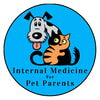
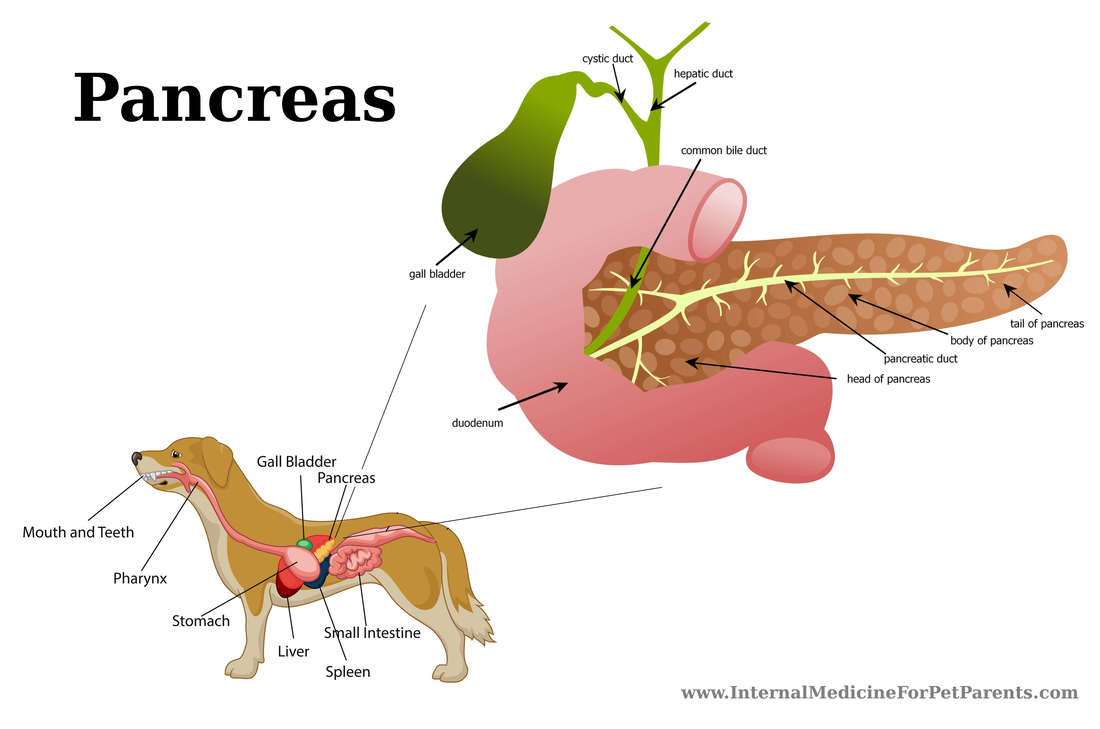

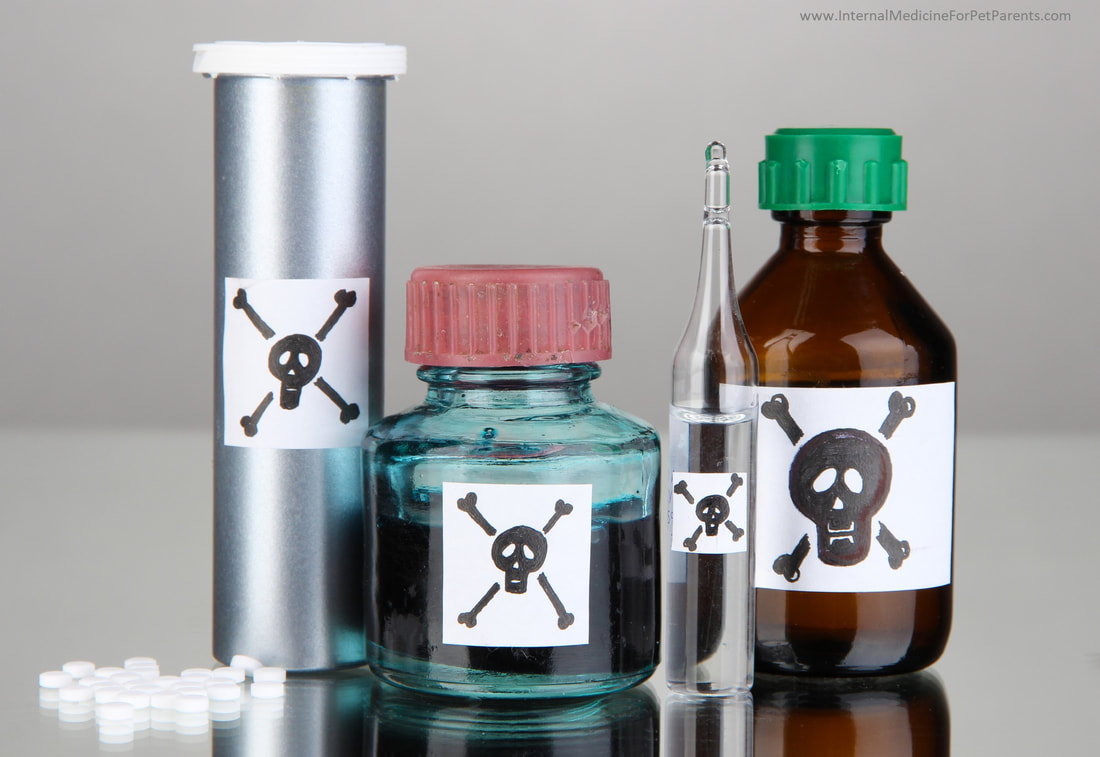
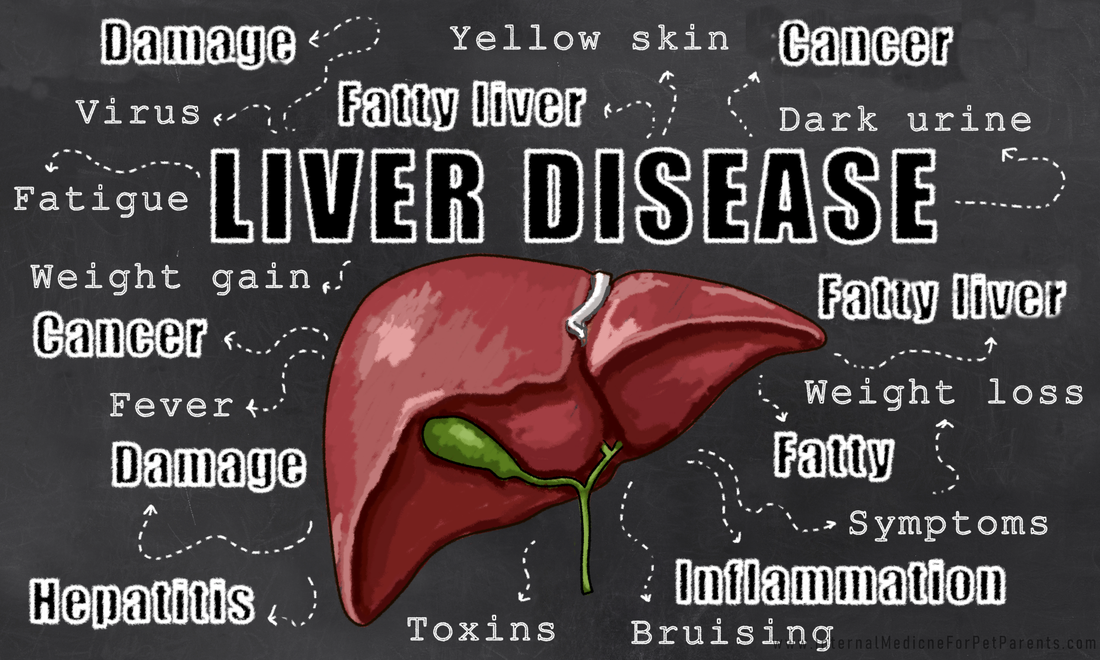
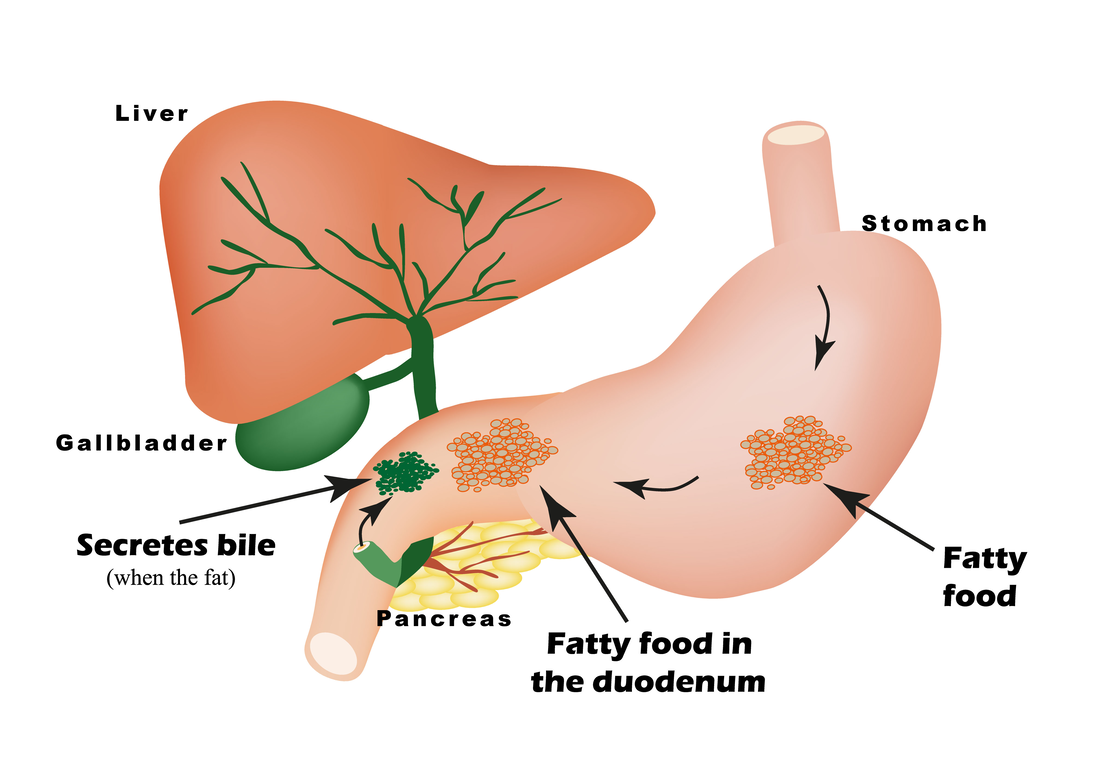
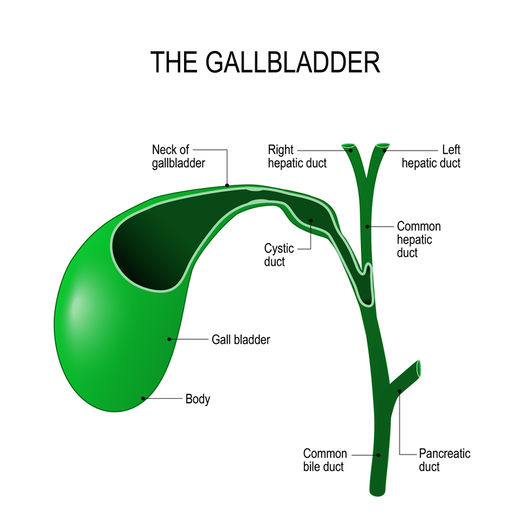
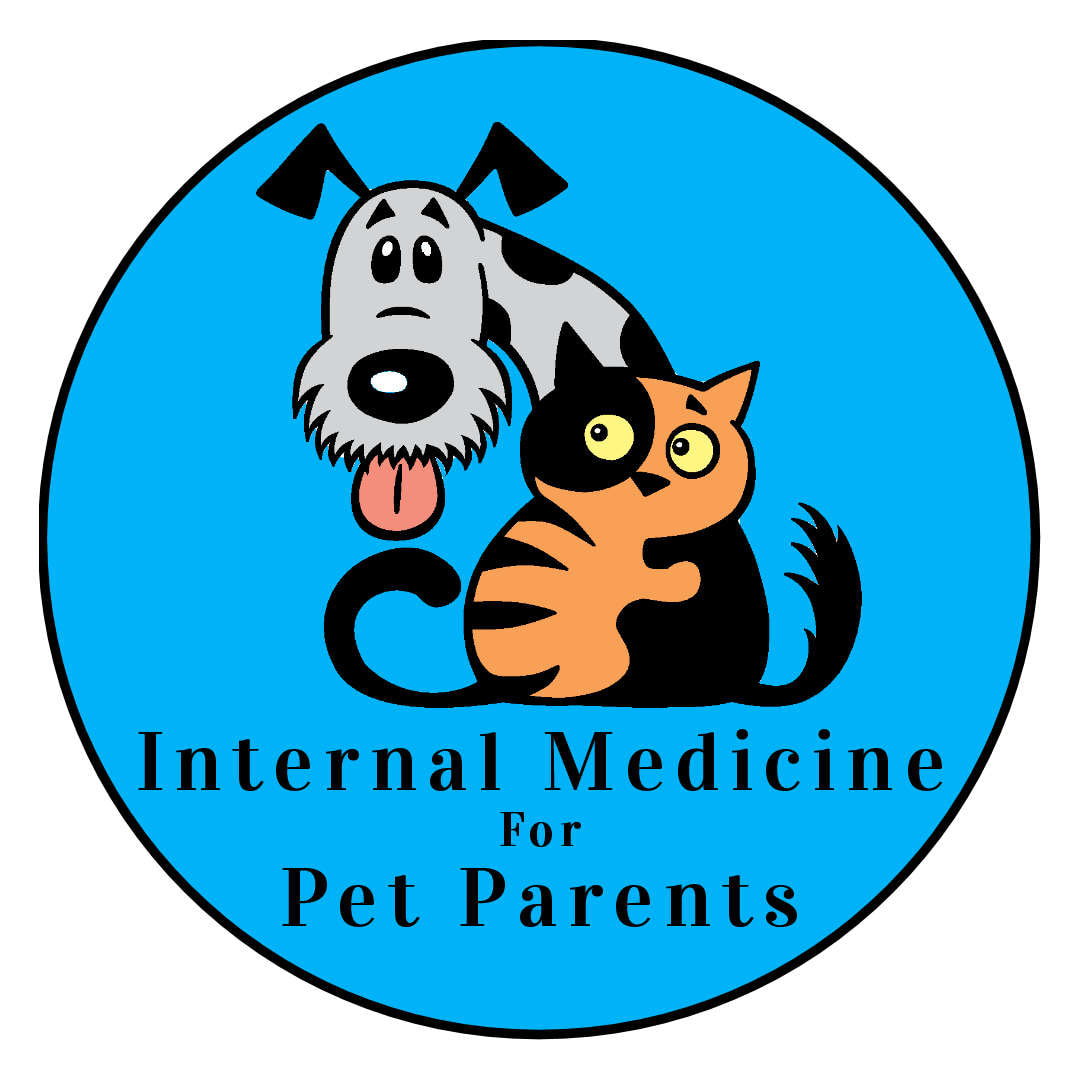
 RSS Feed
RSS Feed